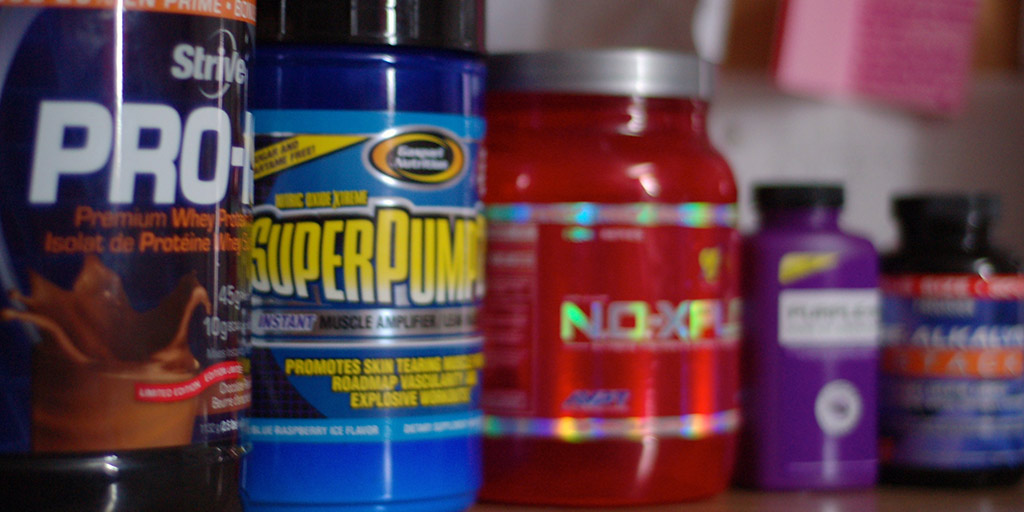Health and Fitness - Protein supplements: Find out how you will benefit from them before spending your time and money
 CREDIT: JOHN JEDDORE
CREDIT: JOHN JEDDOREProtein supplements may seem like the ideal way to stay healthy and fi t, but that may not always be the case. Talk to your doctor, or an expert to figure out what works for you and how you can live your best life possible
Protein supplements have become so common, but what are they used for exactly and how much does one really need?
The most common use for protein supplements is to build muscle. The idea is that if we take in more protein, we will repair and build muscle faster and more efficiently. There is truth to this, however, there are many factors to consider first.
Protein needs vary from person to person depending on age, gender, body type (ectomorph, mesomorph or endomorph).
Many sources such as the American College of Sports medicine, the International Society of Sports Nutrition and several others give a range, on average of about 1.2- 2.2 grams of protein per pound of body weight daily.
So for a 150 pound person, that's about 82-150 grams of protein daily. If you are the ectomorph type then you may aim for the lower end of that scale and the endomorph toward the higher end.
This is of course if you want to stay the way you are. If you are looking to gain weight or build muscle, perhaps you add more, but wait. Adding more protein can be like throwing money down the toilet. Again, there are other factors that play a role.
Your physical training and other daily physical requirements can determine how much protein you need and how much protein is excreted in your urine and bowel movements.
Unlike carbohydrates and fat, your body cells do not store protein for later use. If you routinely take in too much protein that your body doesn't need, it can result in ketoacidosis, kidney failure and excessive nitrates in the body. If your urine is really yellow or almost orange, you may be taking in too much protein and this can also be a sign of dehydration.
Why would someone need to take in a protein supplement? You should know the answer to this before you start.
It is best to try and get your nutrients from whole food sources before you supplement and it's also best if you speak to your doctor, dietitian or nutrition coach about the reasons you are thinking of supplementing. Supplementing can be very costly.
Whole food sources include: animal (look for lean cuts of meat such as poultry, fish, deer, and moose), beans, nuts, seeds, legumes, eggs, whole grains, many vegetables and milk products. Animal protein (meat, dairy, eggs) as well as soy have all nine essential amino acids that you need on a daily basis. The rest of the plantbased products have many of the essential ones and more, but not always all nine.
Someone may choose to supplement because they need something more convenient, they may not know how to cook or prepare a variety of proteins, they may need it for athletic reasons, or they may need it for medical reasons.
Some supplements include whey, casein, milk protein blend, egg whites, and various plantbased sources such as soy, pea, hemp, chia, etc. Whatever the reason may be, again, talk it out with an expert to see exactly how much you need. It may be a process of trial and error before you discover what works best. There may not be a magical formula, but rather and adaptive process that gets you to your goal.
There is also a supplement called Branched Chain Amino Acids (BCAAs). This supplement can be very effective if you are taking in the right amount of calories and using them efficiently in training.
Again, whole foods are better as they also contain vitamins, minerals, fatty acids and phytochemicals needed for many important functions and disease prevention, in addition to protein synthesis.
Bottom line is, if you have specific goals and training needs, you should be carefully considering everything that you consume and save your money until you absolutely need to supplement.














